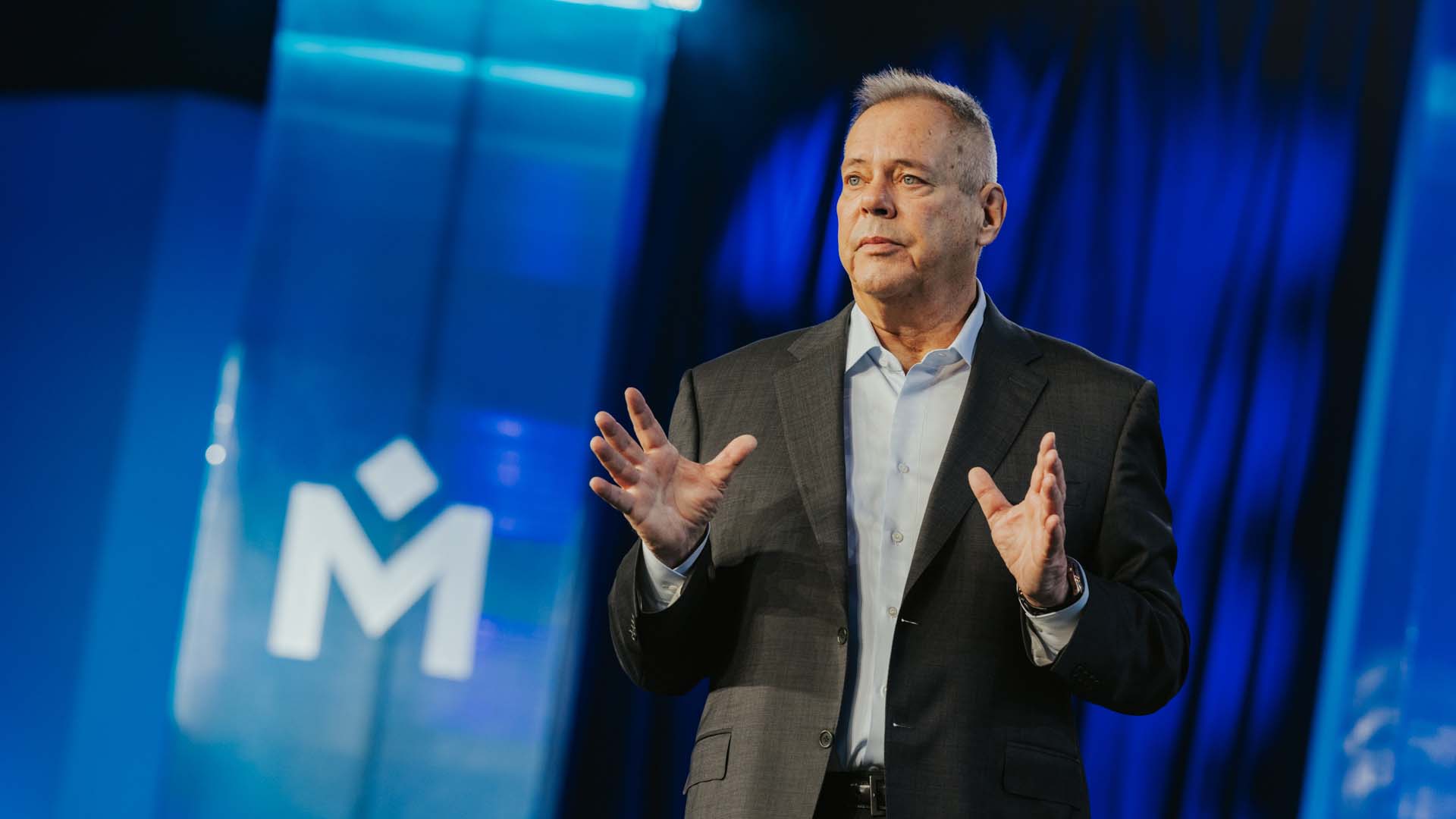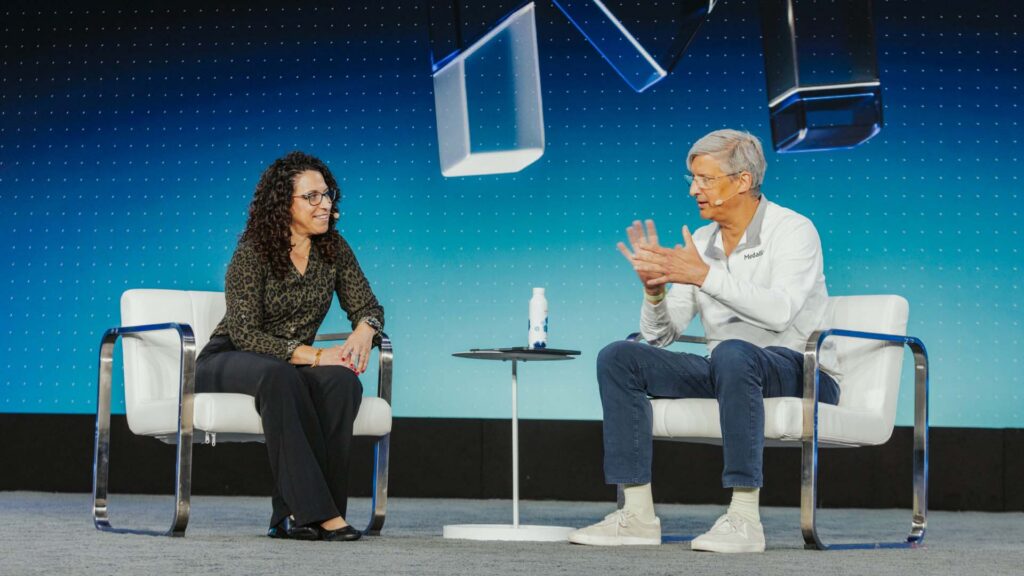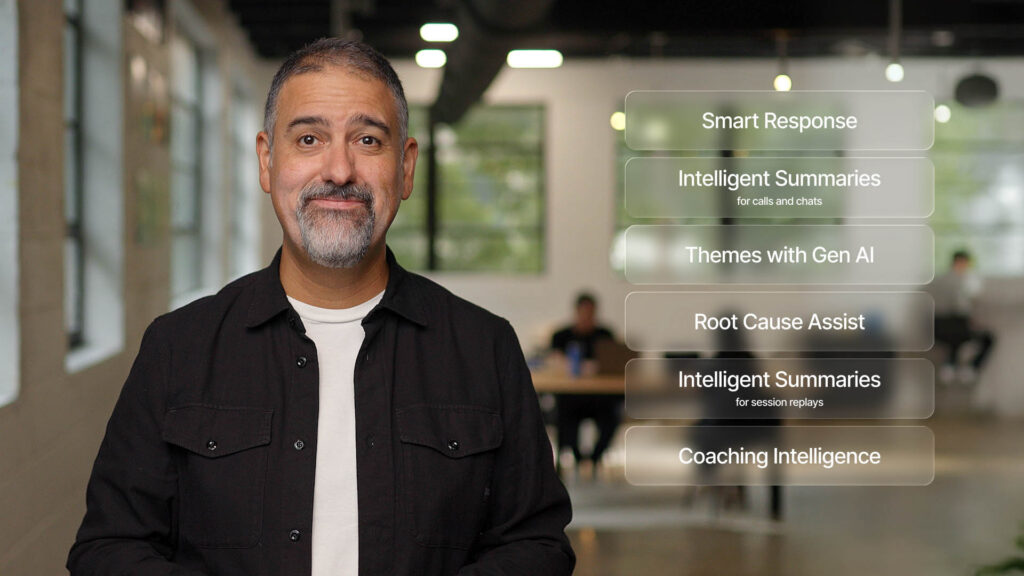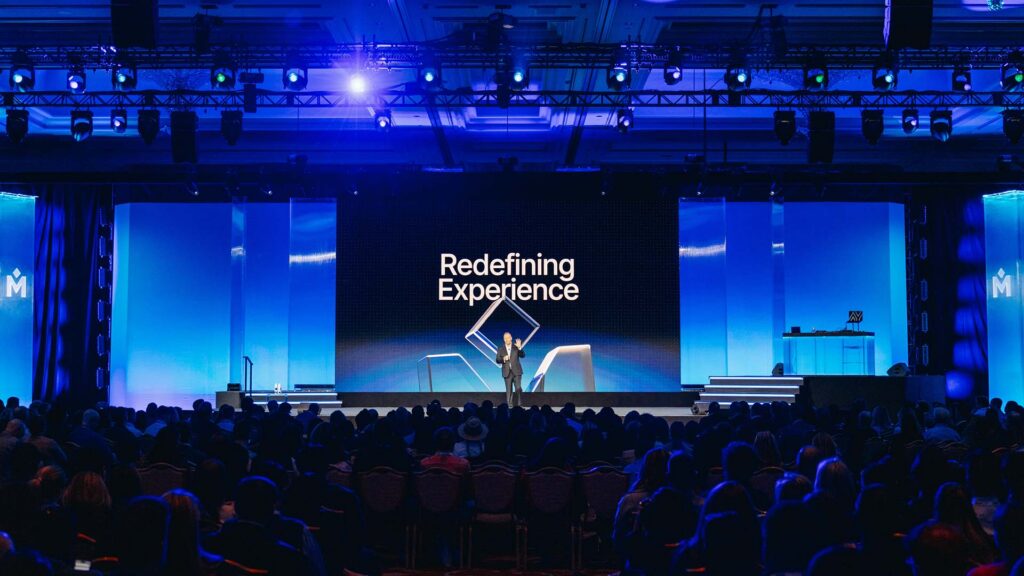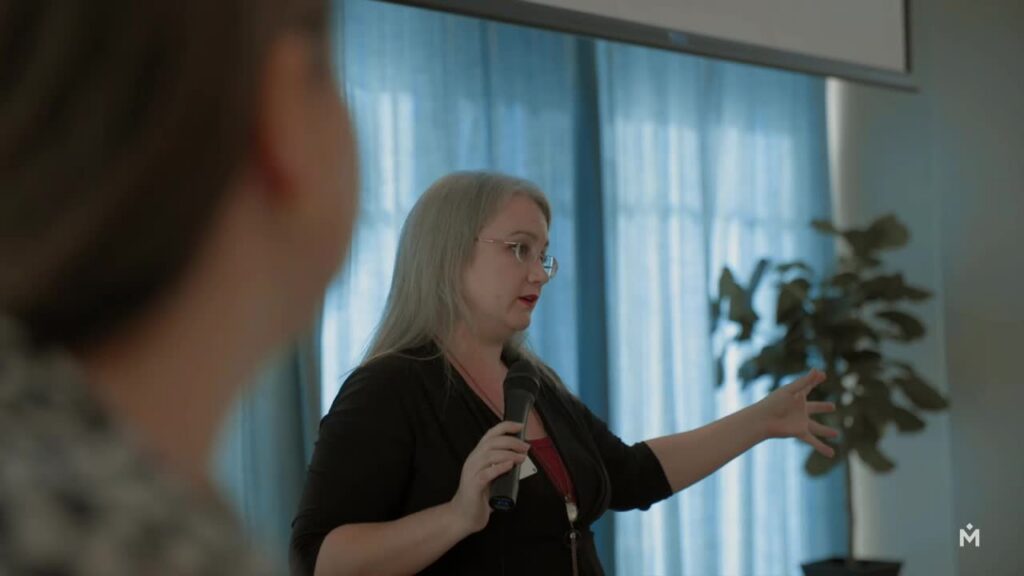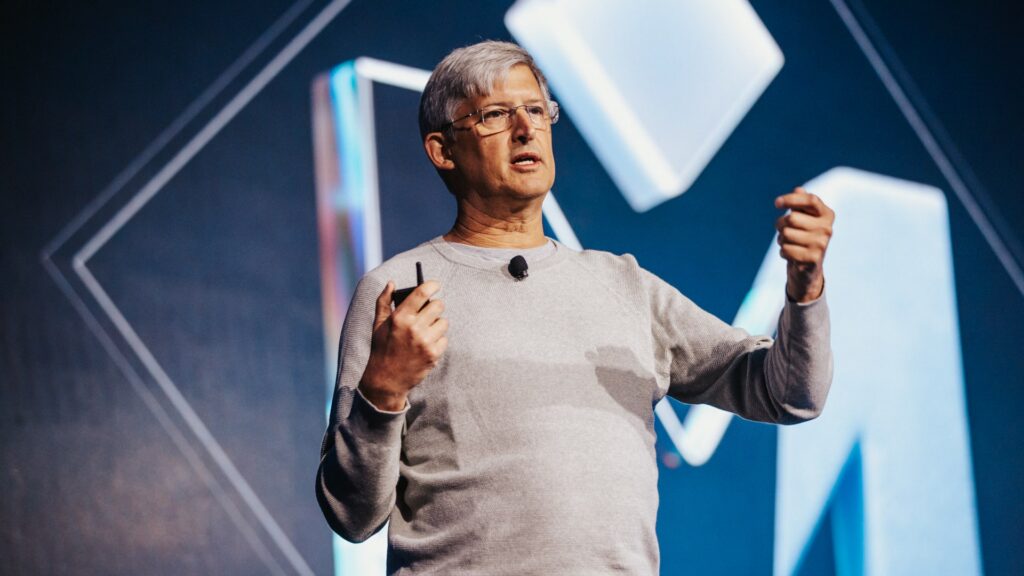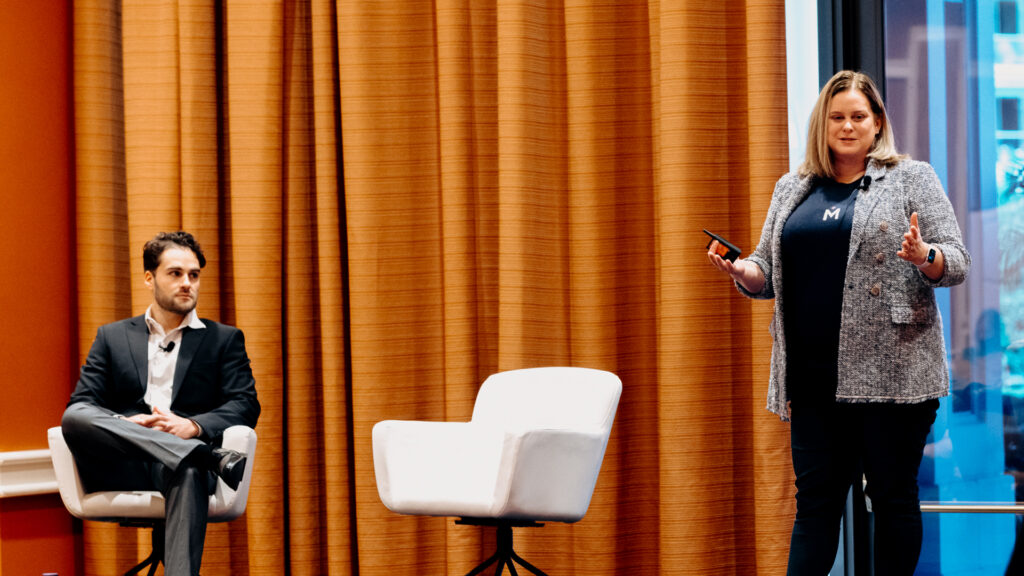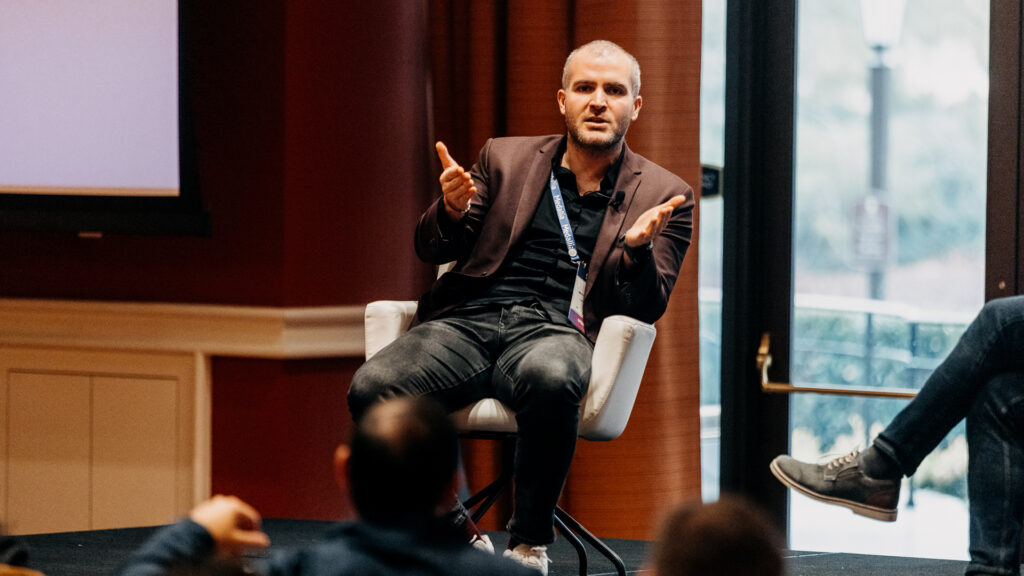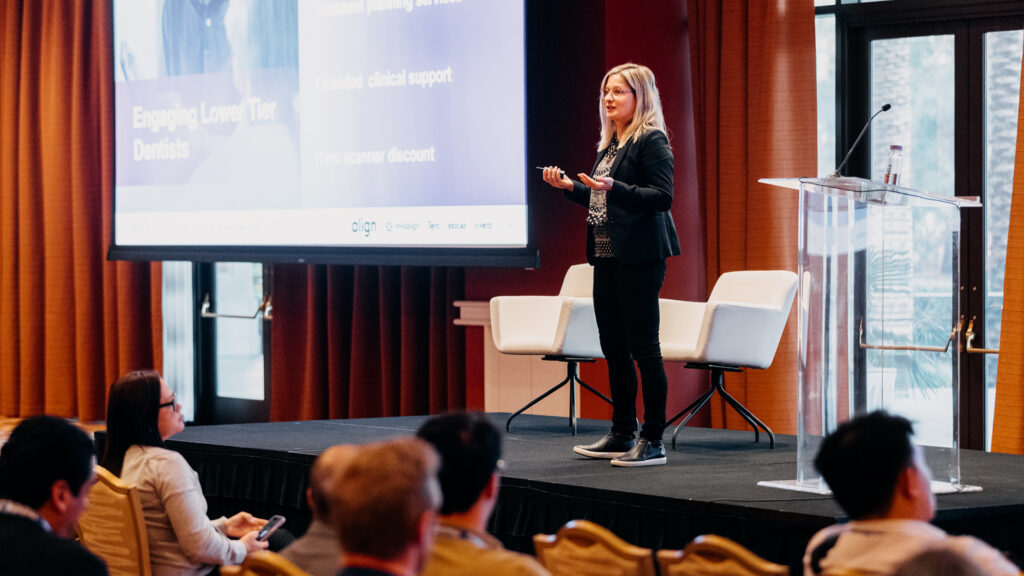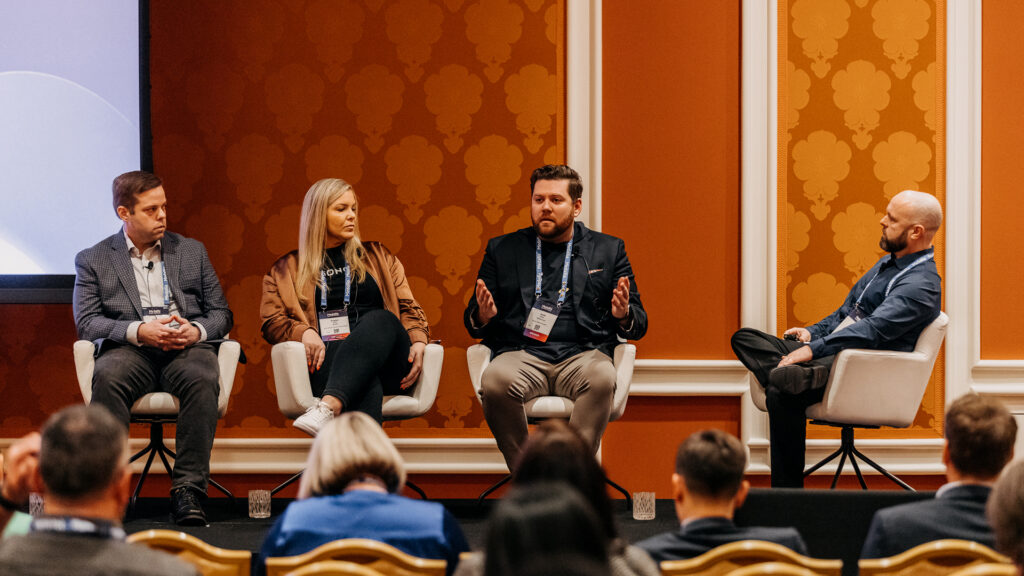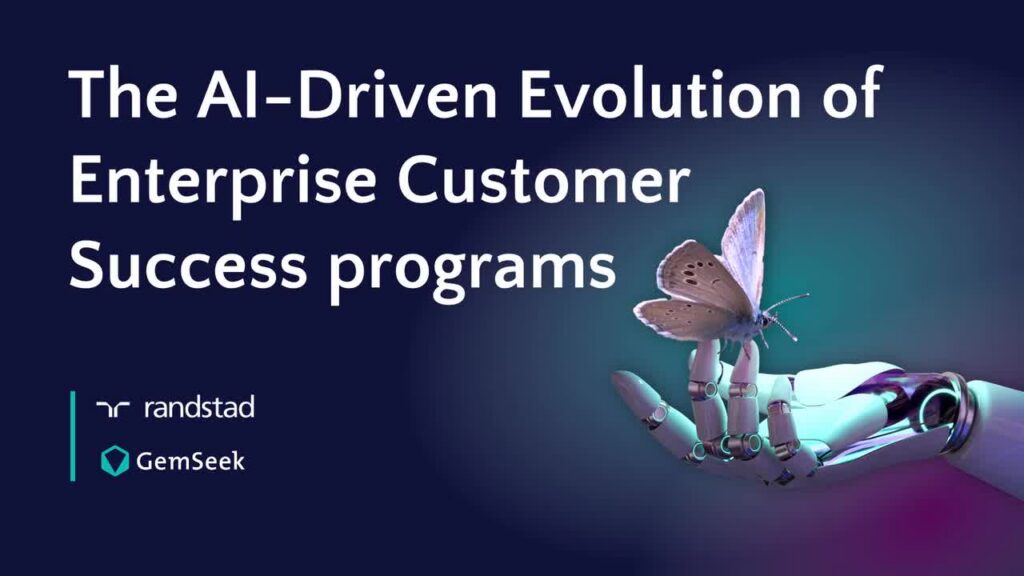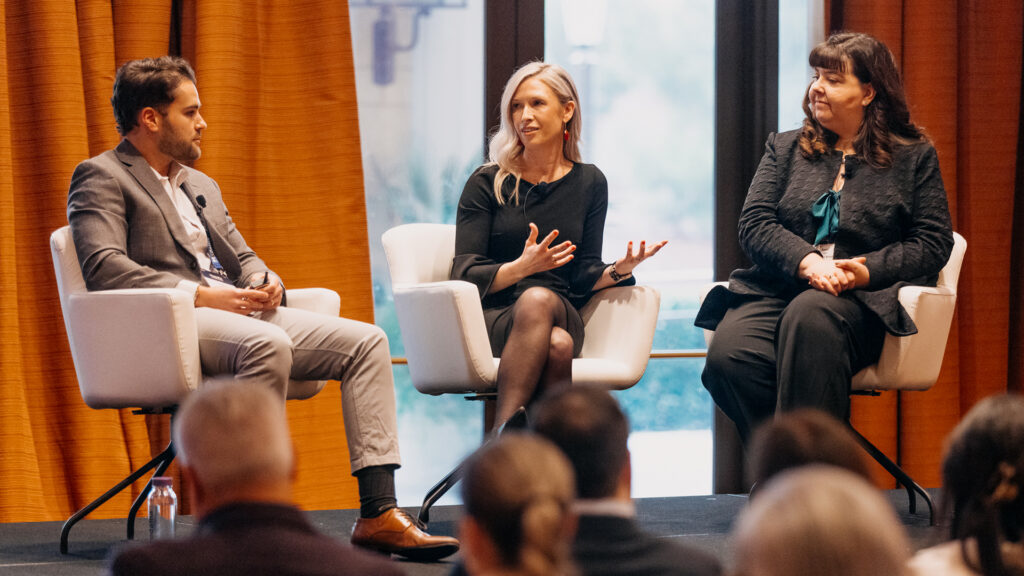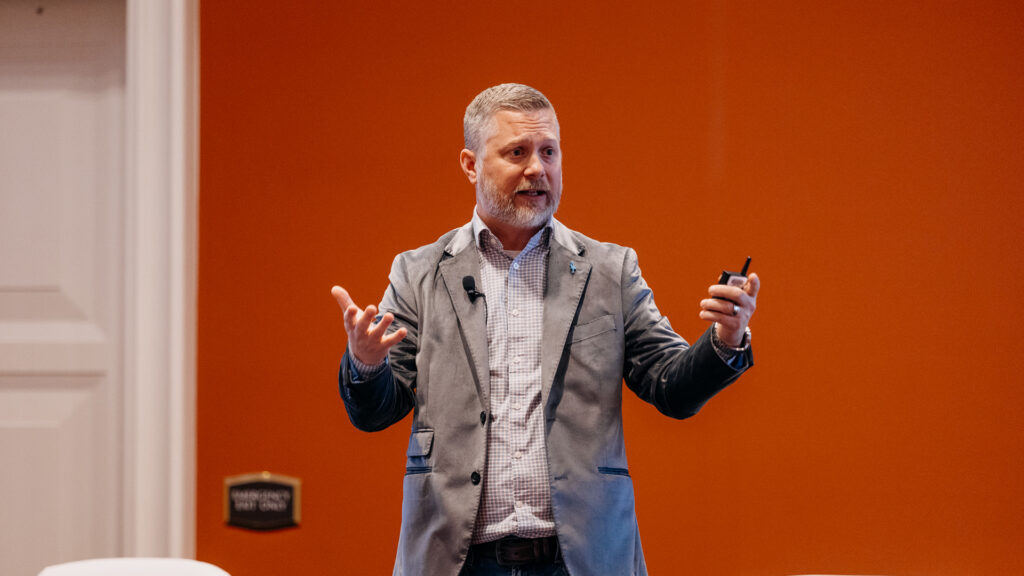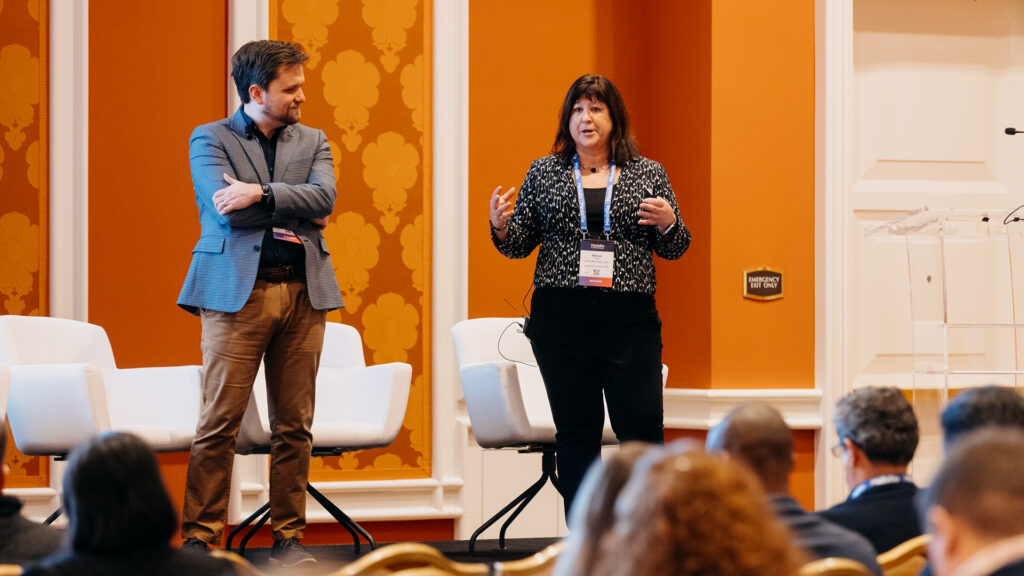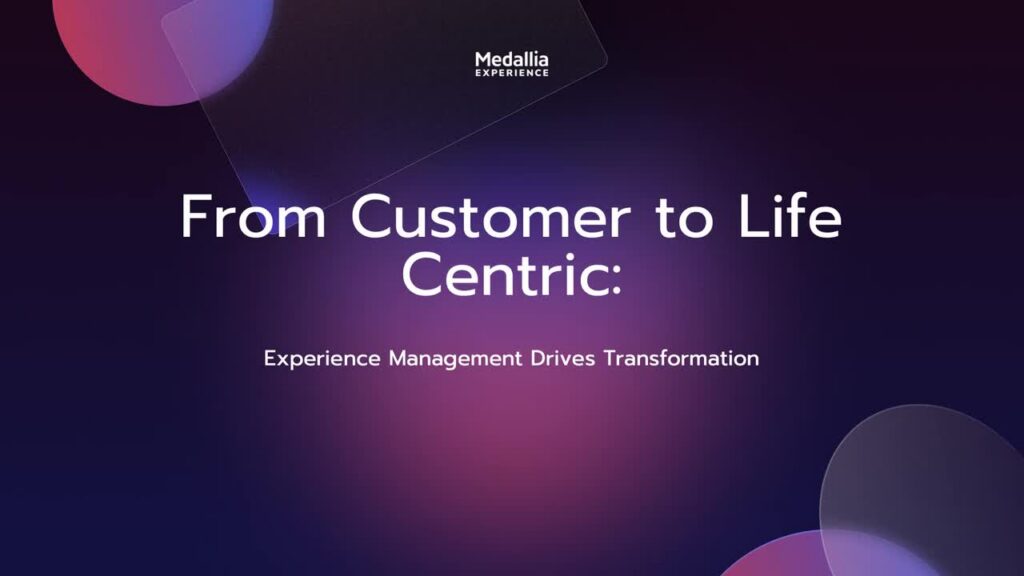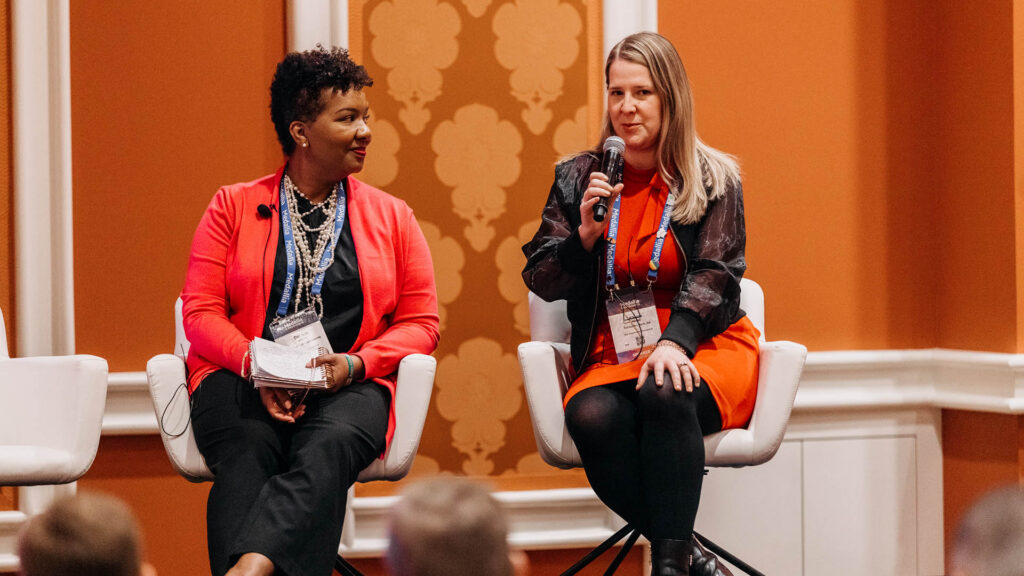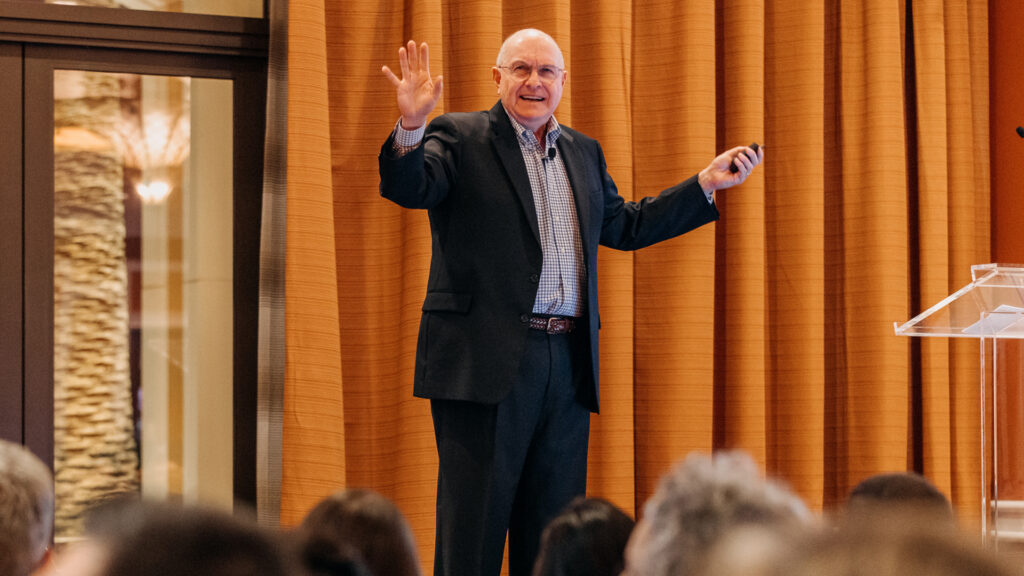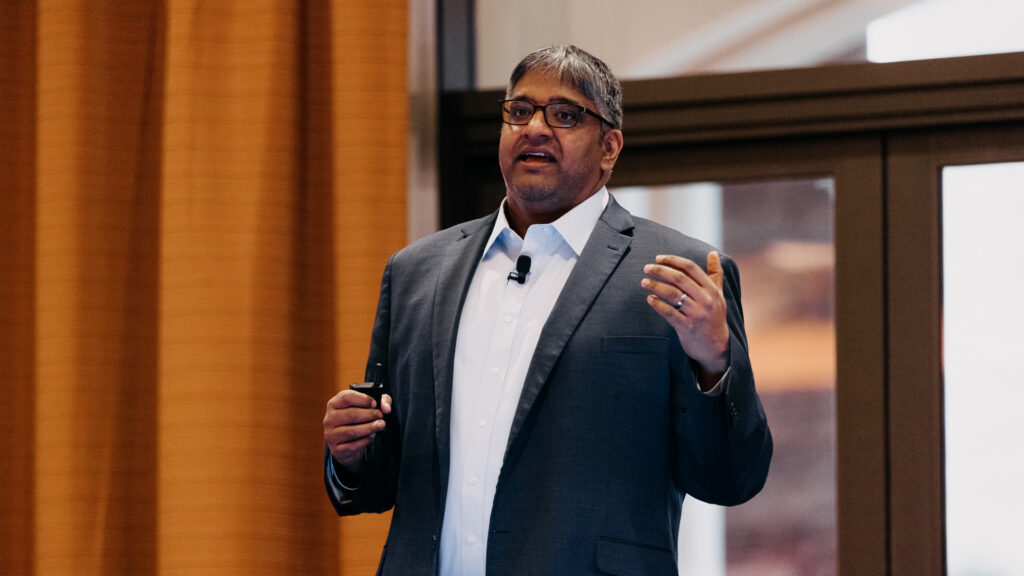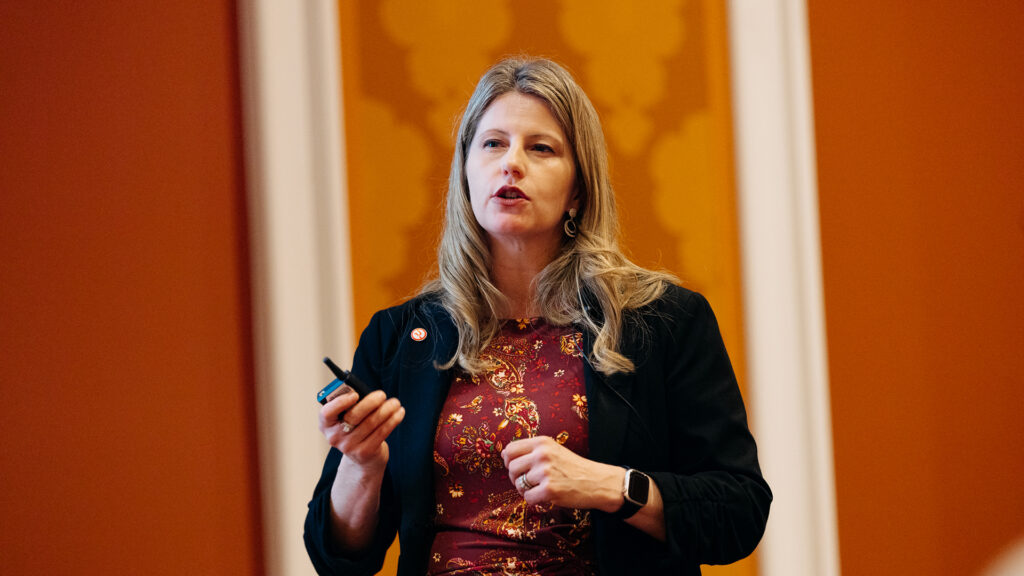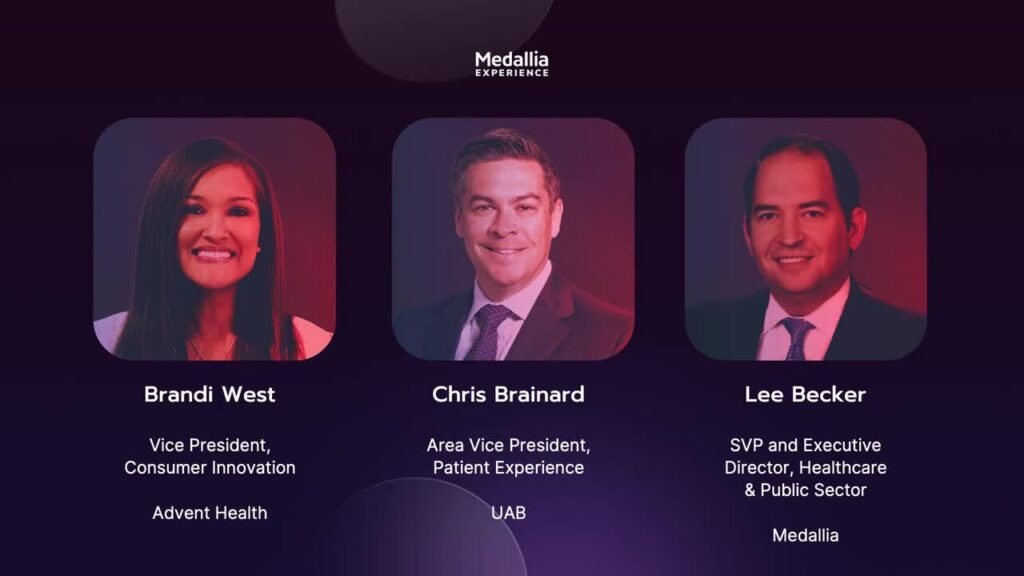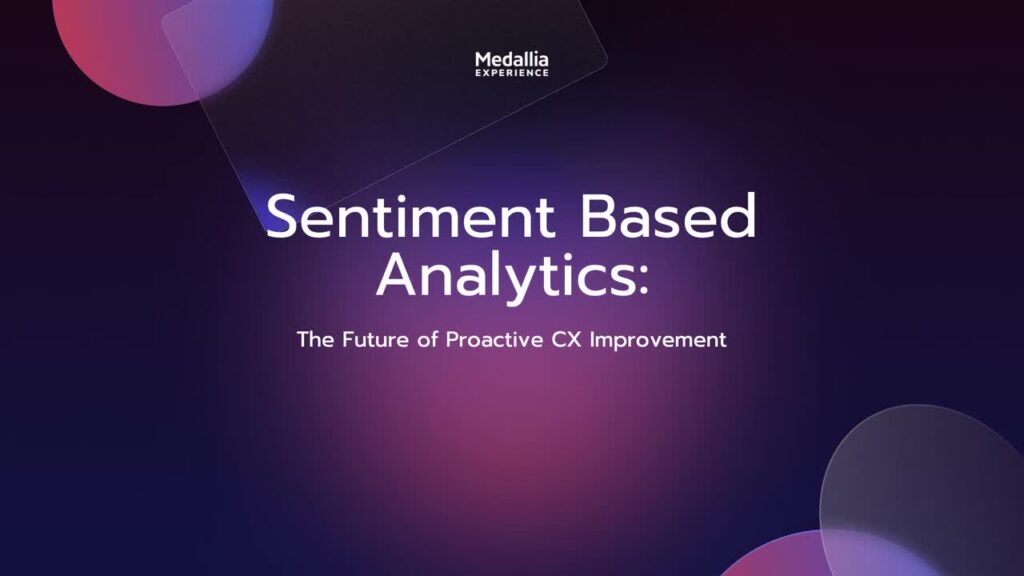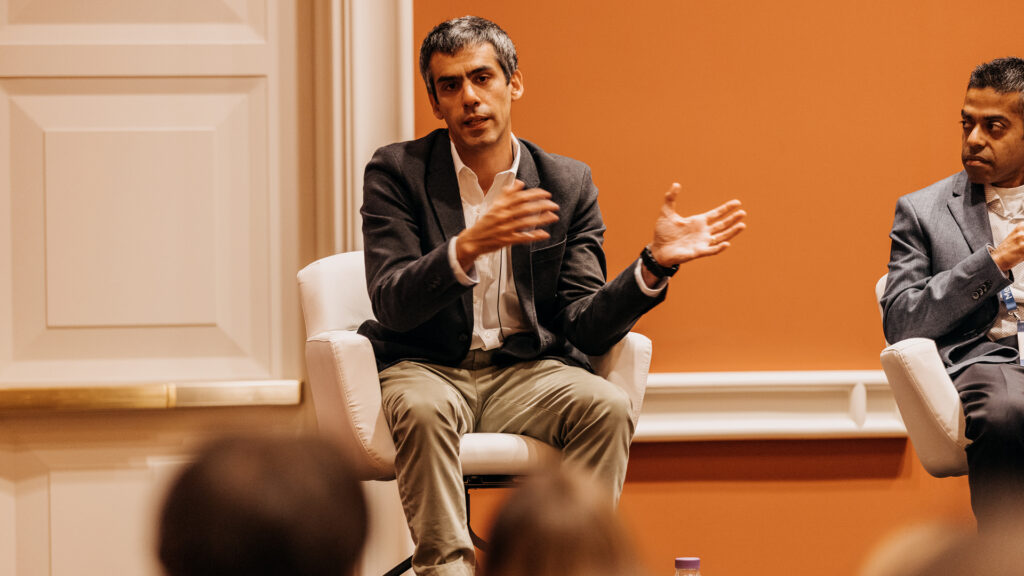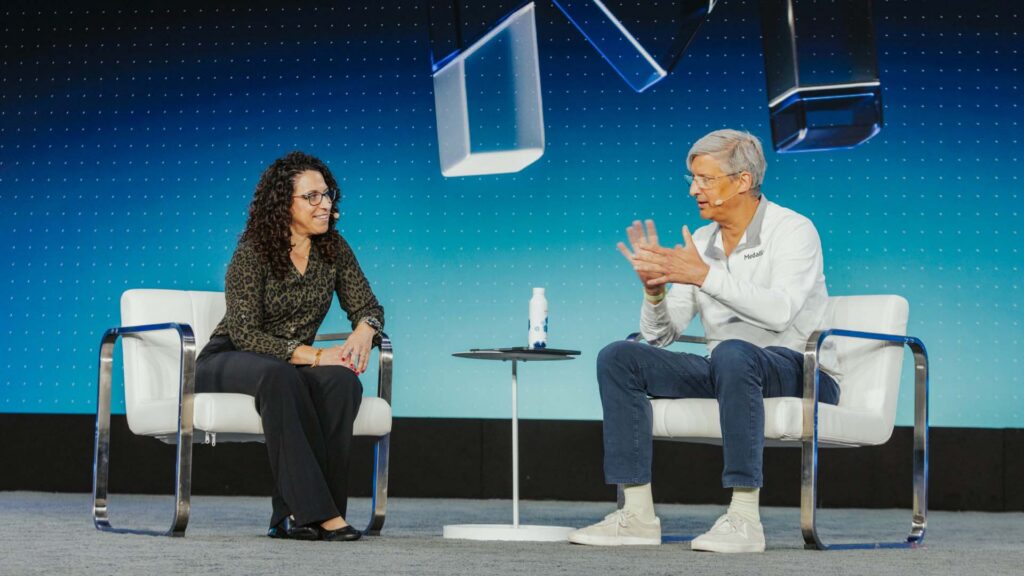EPISODE
Opening Keynote: Building the Next Era of Experience
Rewrite the rules for the next CX era.
Featured Episodes

Behind the Breakthroughs of CX Winners
Experience ’24
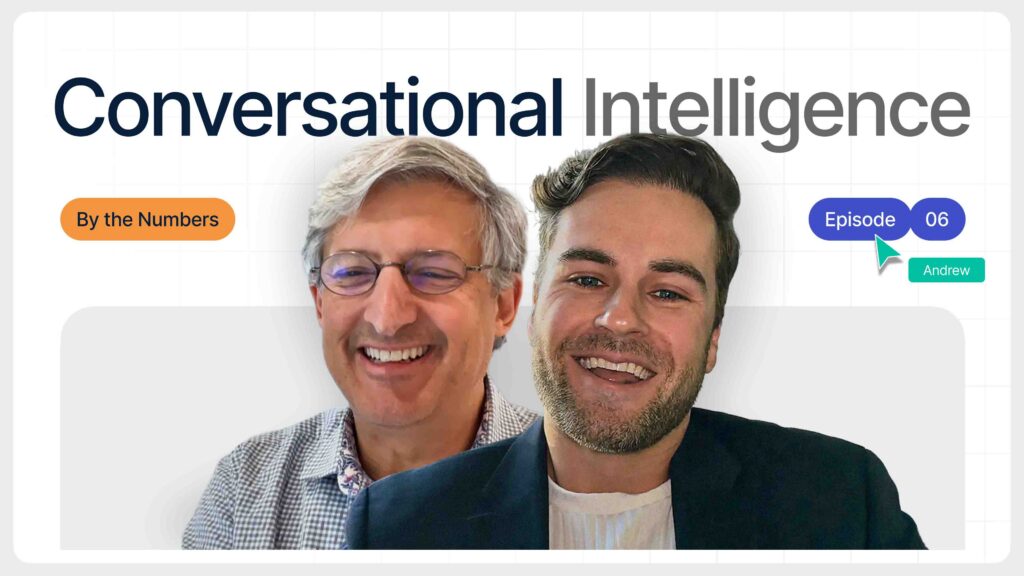
Conversational Intelligence By the Numbers
Experience ’24

“Game On” — Meet Medallia’s Frontline-Ready AI
Experience ’24
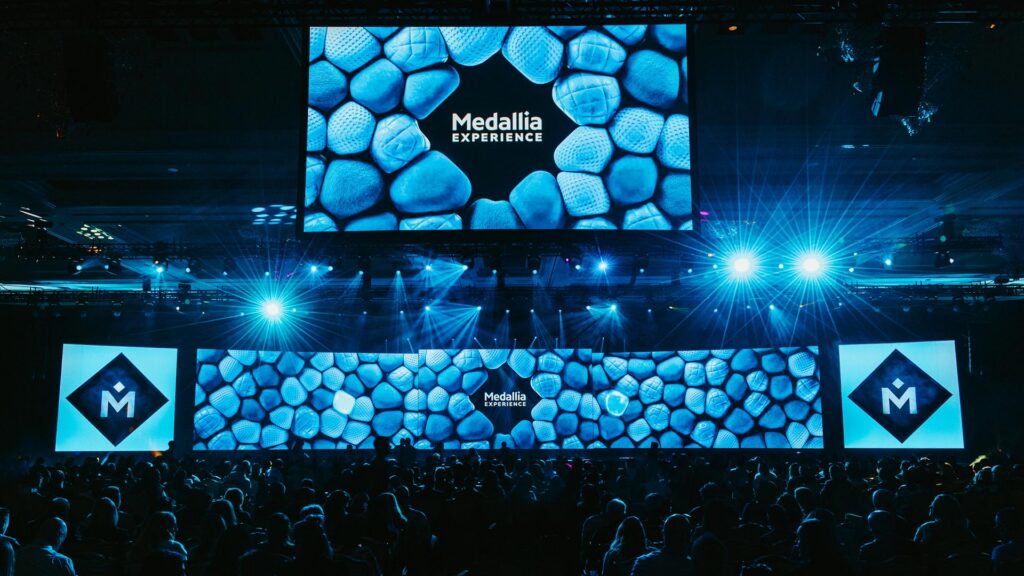
“There’s Only One Medallia Experience”
Experience ’24

Northwestern Medicine Marianjoy Hospital Elevates Standard of Care with Medallia
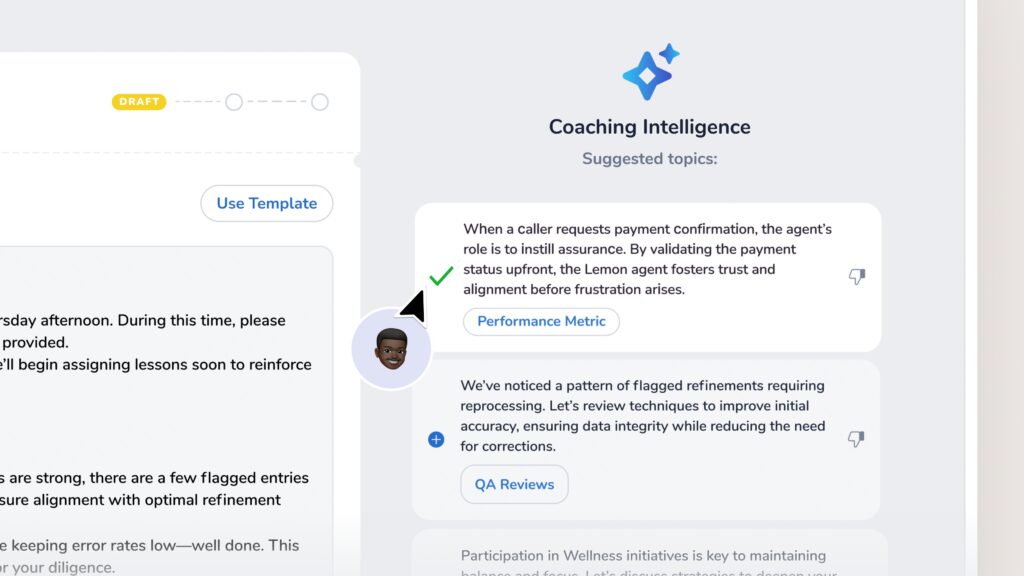
“Oh My” — Meet Medallia’s Newest AI Features
Experience ’24

4 Ways to Look Beyond Surveys with Meta
Experience ’24
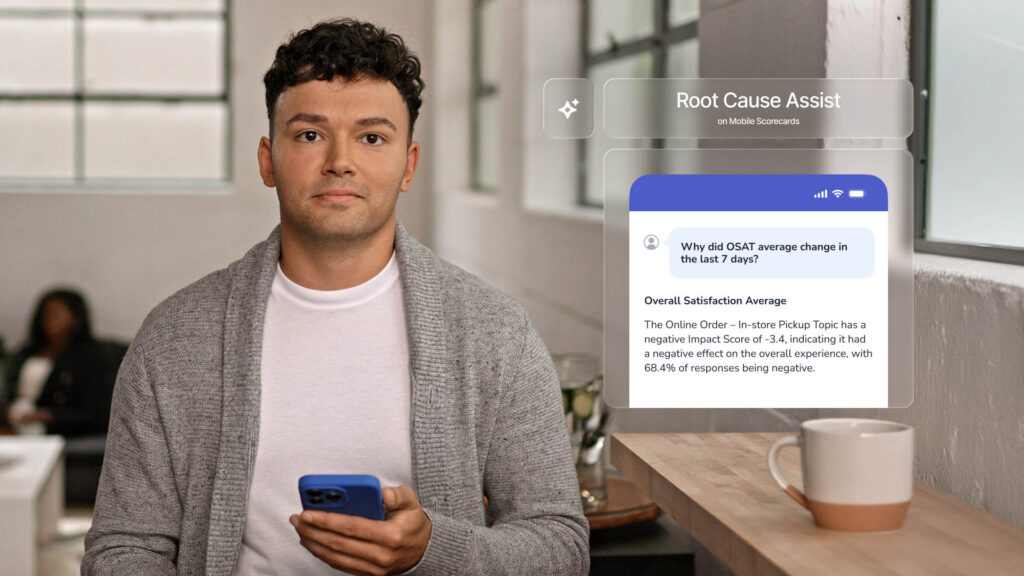
Experience ’24
Root Cause Assist on Mobile | Fall ’25 Release
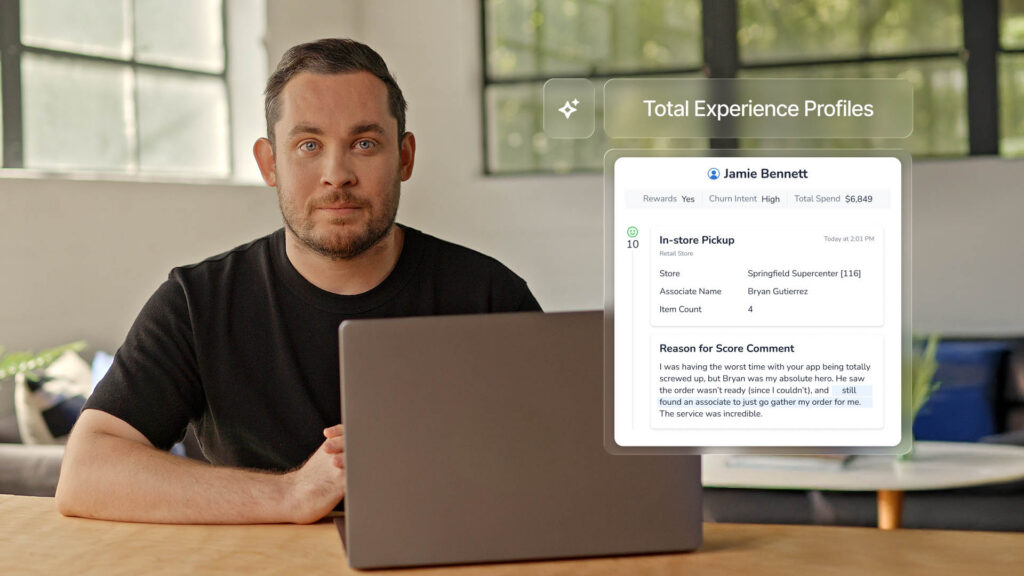
Experience ’24
Total Experience Profiles | Fall ’25 Release

Experience ’24
Mobile Scorecard Notifications | Fall ’25 Release
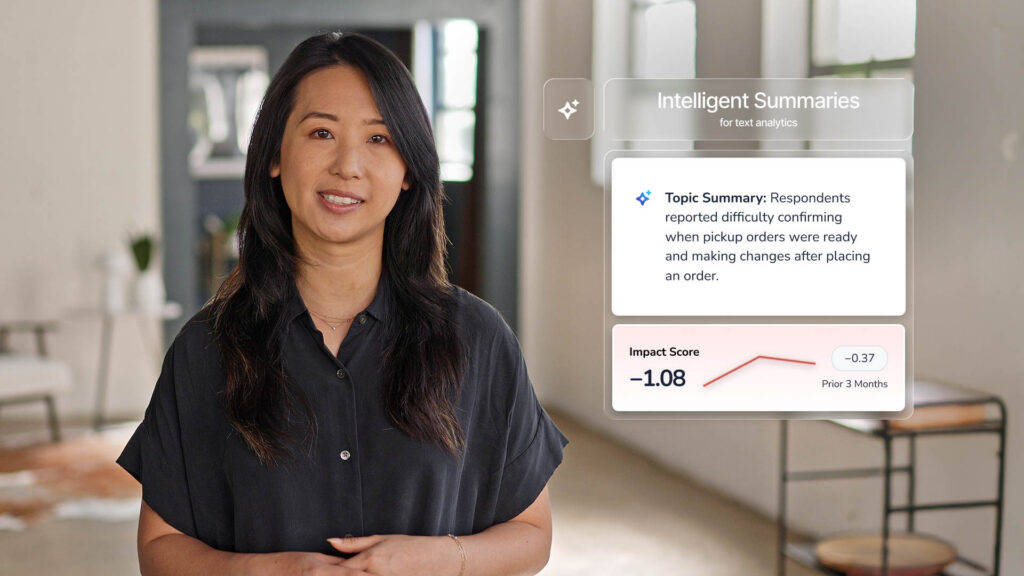
Experience ’24
Intelligent Summaries for Text Analytics | Fall ’25 Release
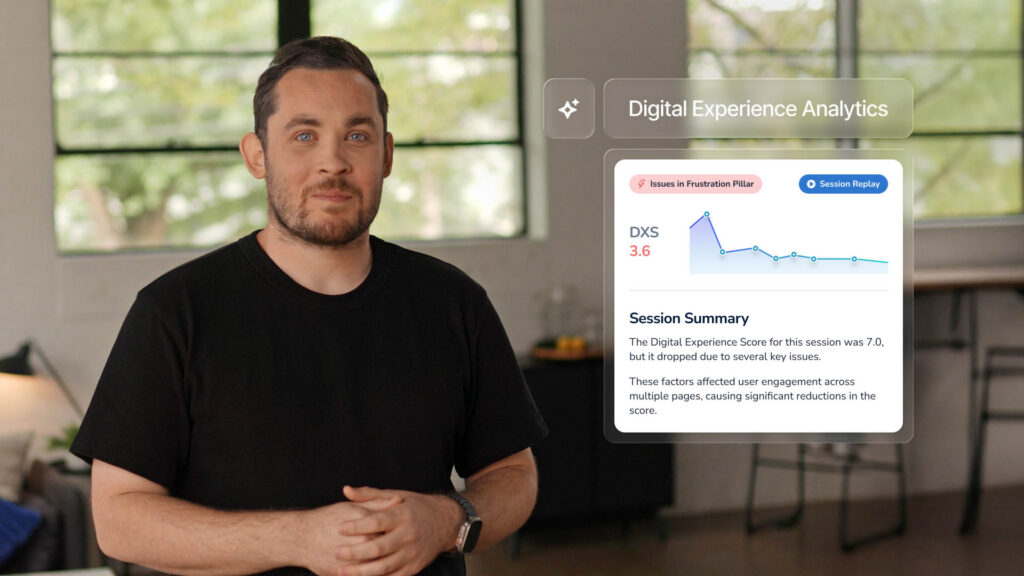
Experience ’24
Digital Experience Analytics for Native Apps | Fall ’25 Release
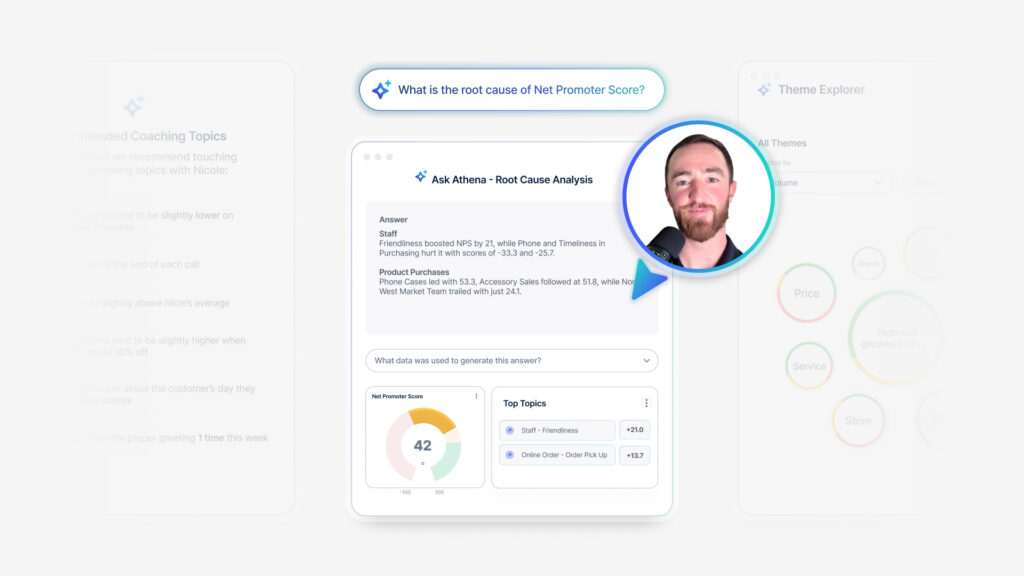
Experience ’24
Turn Data into Direction with Root Cause Assist
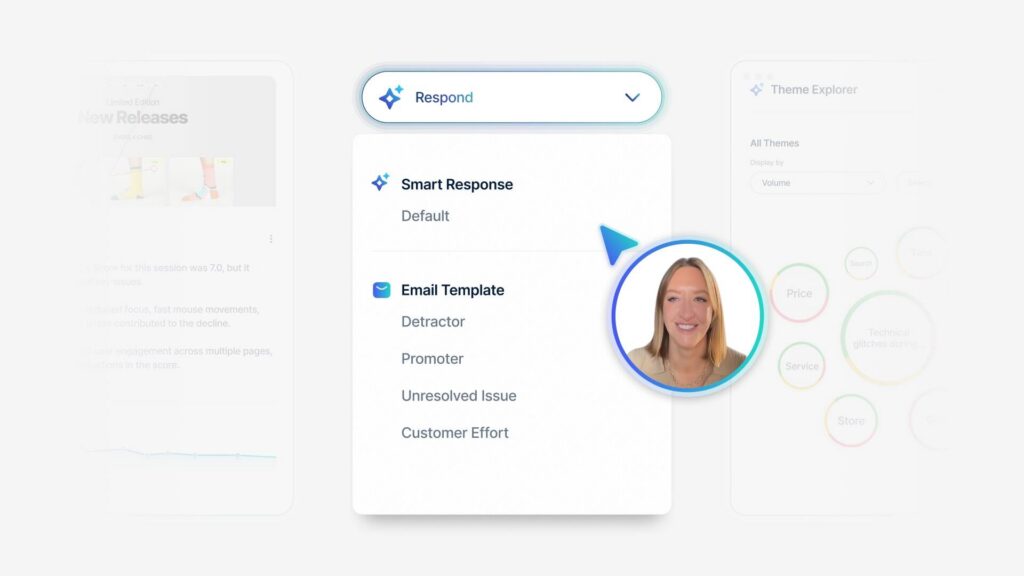
Experience ’24
Speed Through Responses with Smart Response
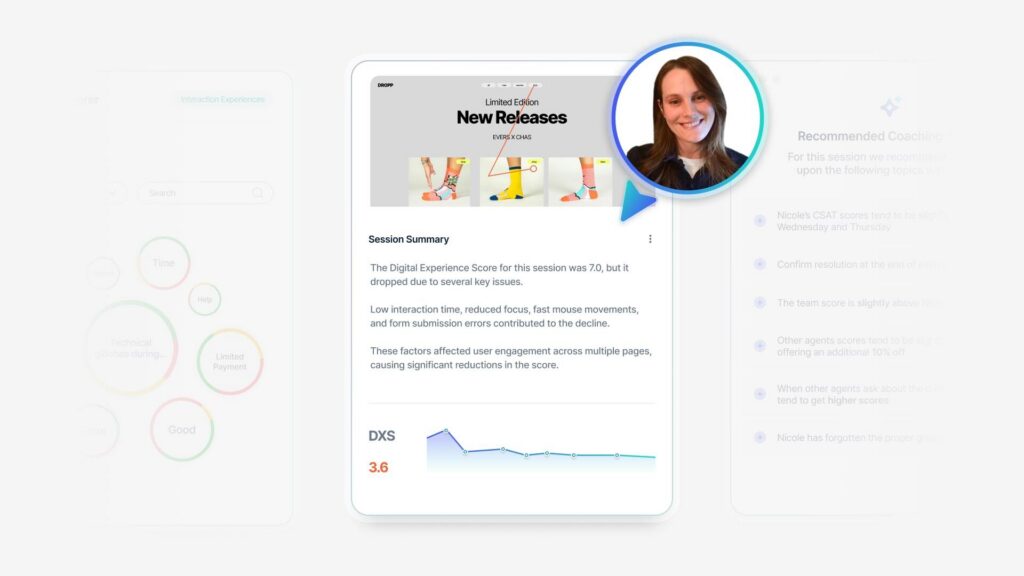
Experience ’24
Get AI-Powered Prescriptive Digital Insights & Session Summaries
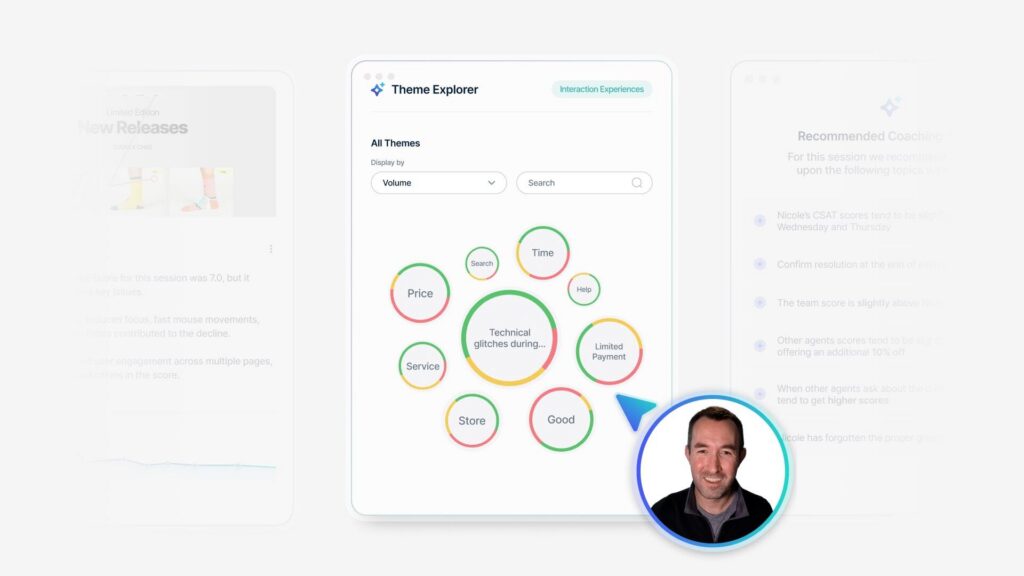
Experience ’24
Reduce Time to Insight with Themes with Generative AI
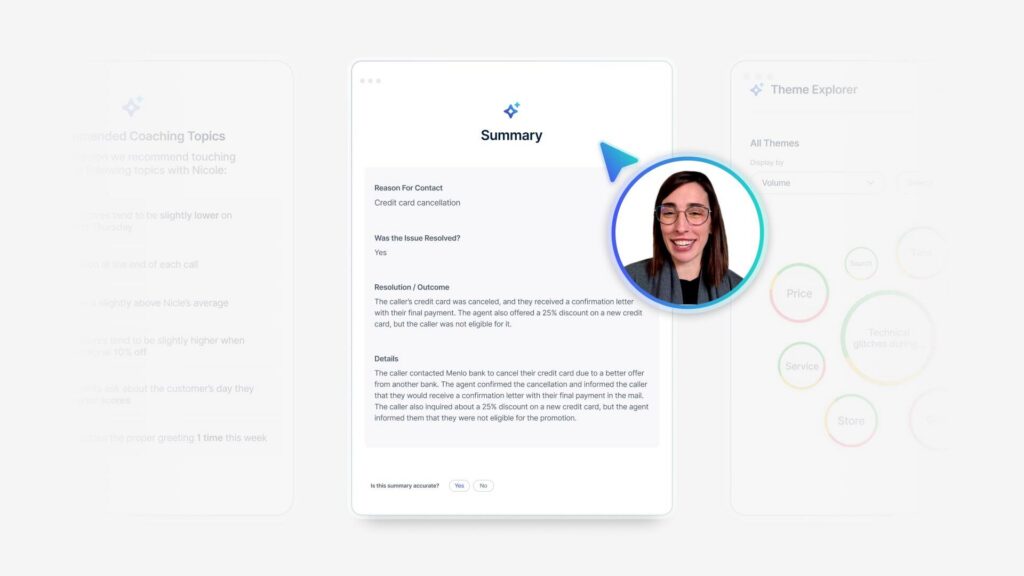
Experience ’24
Streamline Speech Analysis with Intelligent Summaries
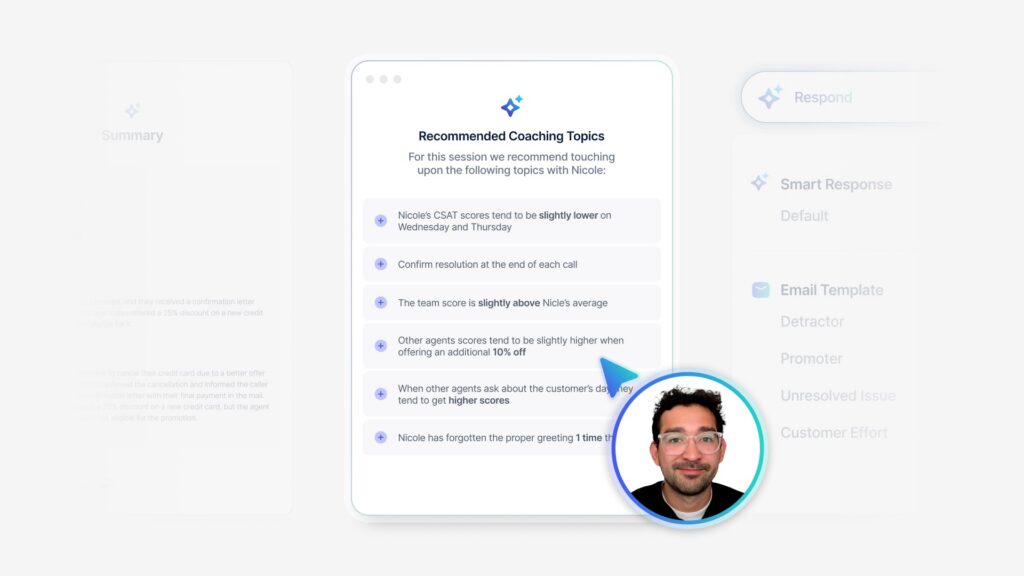
Experience ’24
Coach Smarter with GenAI-powered Coaching Intelligence

Experience ’24
Win Customers with Closed-Loop Automation

Experience ’24
Tell a Compelling Story with Video Feedback

Experience ’24
Personalize Digital Journeys at Key Moments
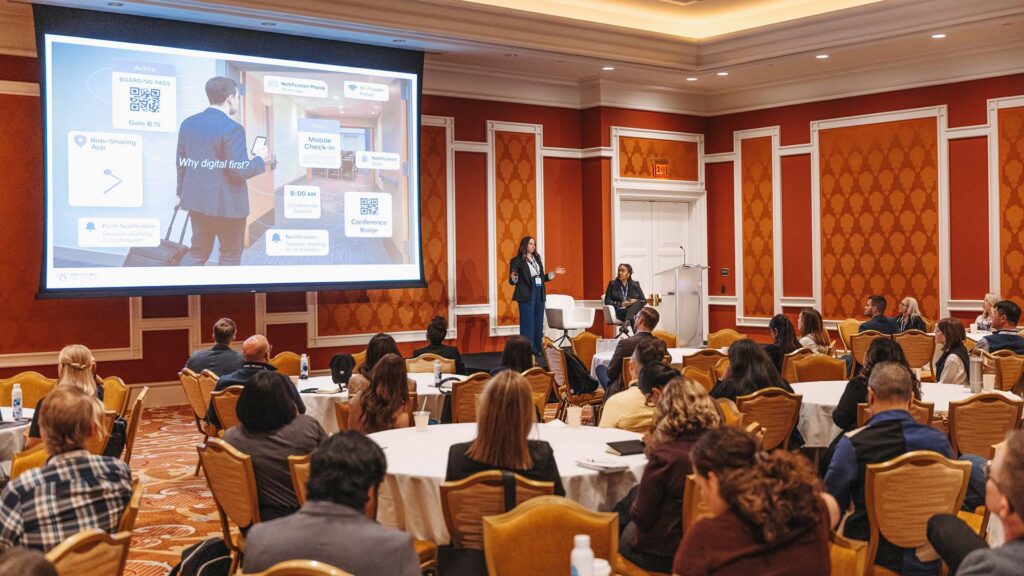
Experience ’24
Digital First: A Novel Approach to Building Omnichannel Listening
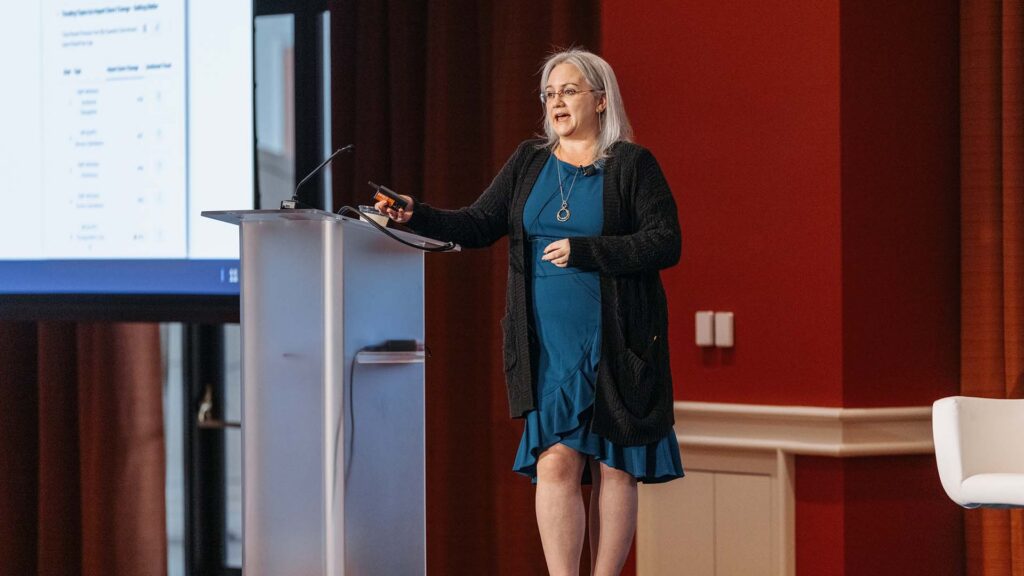
Experience ’24
From Buy-In to Breakthrough: Lessons in GenAI Adoption

Experience ’24
Evolving CX into a Center of Impact at Santander
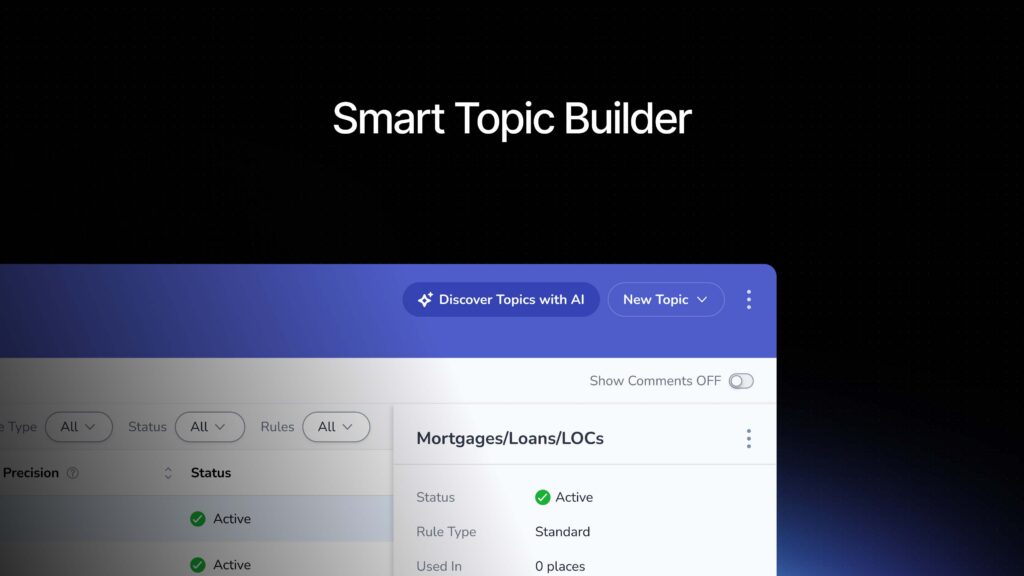
Experience ’24
Smart Topic Builder & the Evolution of Conversational Insights
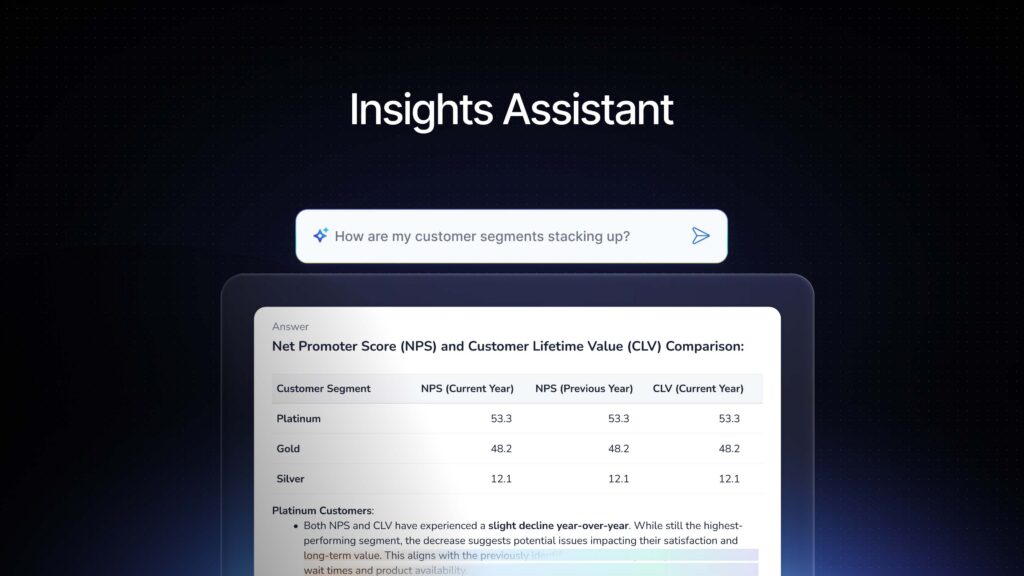
Experience ’24
Meet Insights Assistant: Answers at the Speed of Business
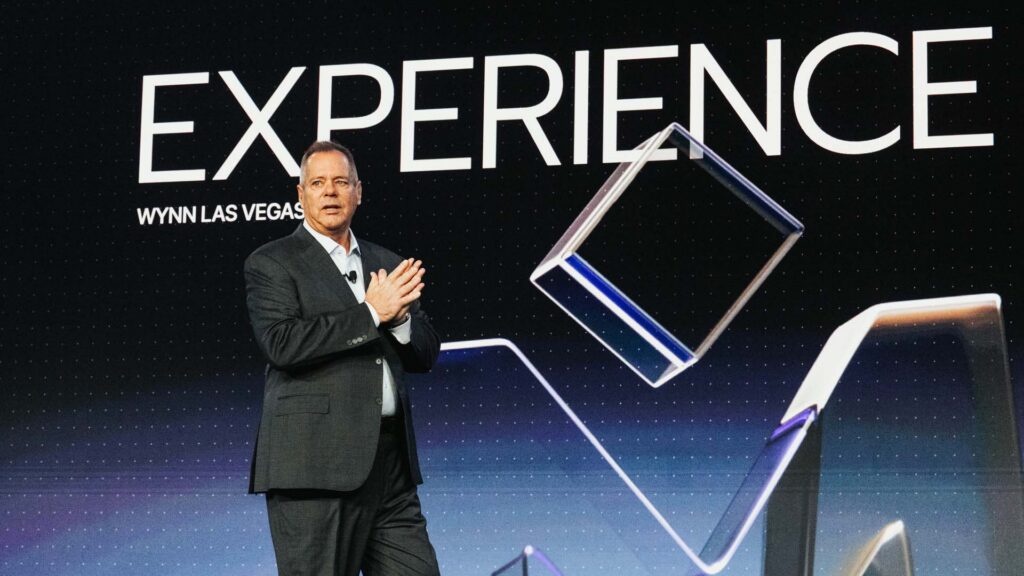
Experience ’24
From Experience to Business Outcomes: The Next Era of Transformation

Experience ’24
How Bank of America Scales CX to 70M Clients with AI and Action

Experience ’24
Front Office Reinvention: Leading CX Transformation with Accenture

Experience ’24
Beyond Surveys: Connecting CX Signals to Drive Business Outcomes

Experience ’24
Behind the Breakthroughs of CX Winners
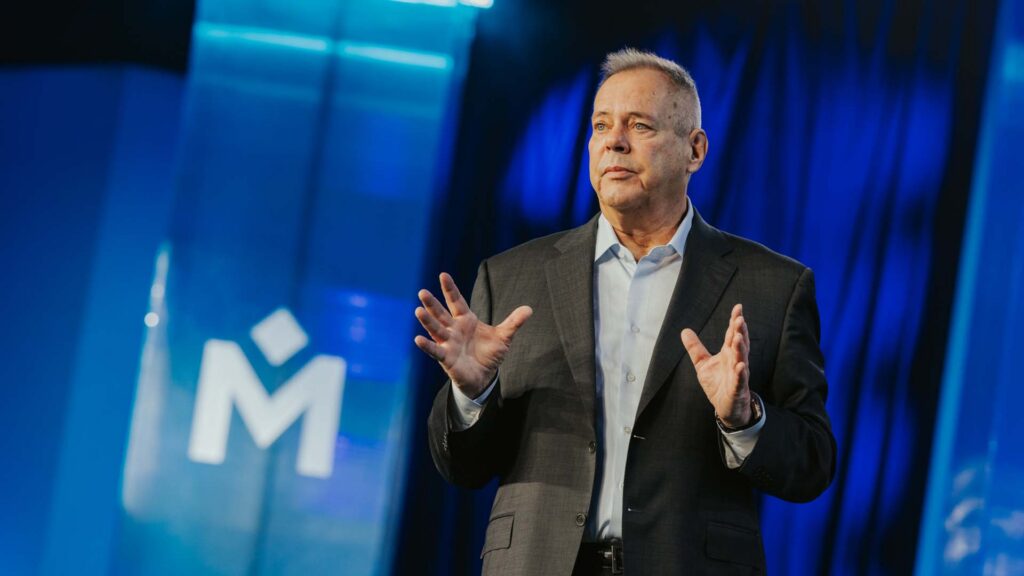
Experience ’24
Opening Keynote: Building the Next Era of Experience

Experience ’24
Clarity is Your Edge: Experience ’26 Official Trailer

Experience ’24
“There’s Only One Medallia Experience”

Experience ’24
Medallia User Group (MUG) at Experience

Experience ’24
Clarity is Your Edge: Experience ’26 Official Trailer

Experience ’24
“Game On” — Meet Medallia’s Frontline-Ready AI

Experience ’24
Northwestern Medicine Achieves Peak Designation with Medallia

Experience ’24
“Oh My” — Meet Medallia’s Newest AI Features

Experience ’24
CX Day: Medallia Employees Share Why They Love CX
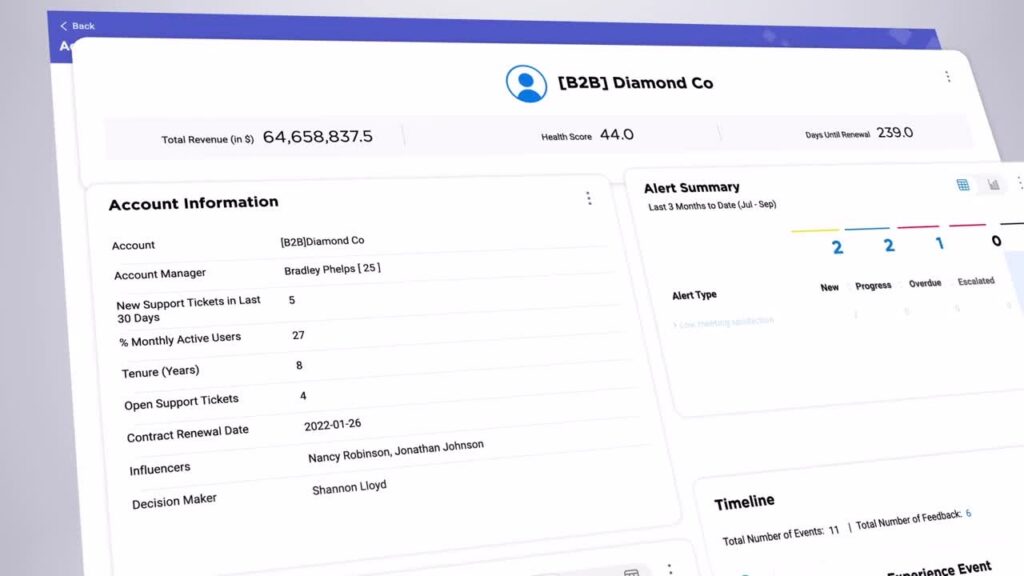
Experience ’24
A 60-Second Look at Total Experience Profiles

Experience ’24
A 60-Second Look at Activating Your People

Experience ’24
CX Day: Why Do You Love Being a CX Professional?

Experience ’24
Banner Health Innovates Patient Experience with Medallia

Experience ’24
BAC Reimagines Banking with Medallia

Experience ’24
Ride the Wave with Sarah Hauser and Medallia

Experience ’24
H&R Block Activates Every Employee with Medallia

Experience ’24
A Closer Look at the #1 Enterprise Experience Platform

Experience ’24
Volvo Cars Unifies Consumer Experience Through “One Voice” Program

Experience ’24
MotoAmerica Partners with Medallia to Put on a Great Show

Experience ’24
Best Western Understands What Matters Most with Medallia

Experience ’24
Medallia and McLaren, a Winning Combination

Experience ’24
Fix Problems Before They Happen and Make Experiences Extraordinary

Experience ’24
CX Day: Customer Experience Pros Share Why They Love CX

Experience ’24
Pip Hare and Team Medallia Have Big Plans for Vendee Globe

Experience ’24
Conversational Intelligence By the Numbers

Experience ’24
CX Leaders’ Views on Loyalty By the Numbers

Experience ’24
4 Ways to Look Beyond Surveys with Meta

Experience ’24
5 Quick Takes on Successful Personalization

Experience ’24
4 Ways to Enhance Omnichannel Experiences
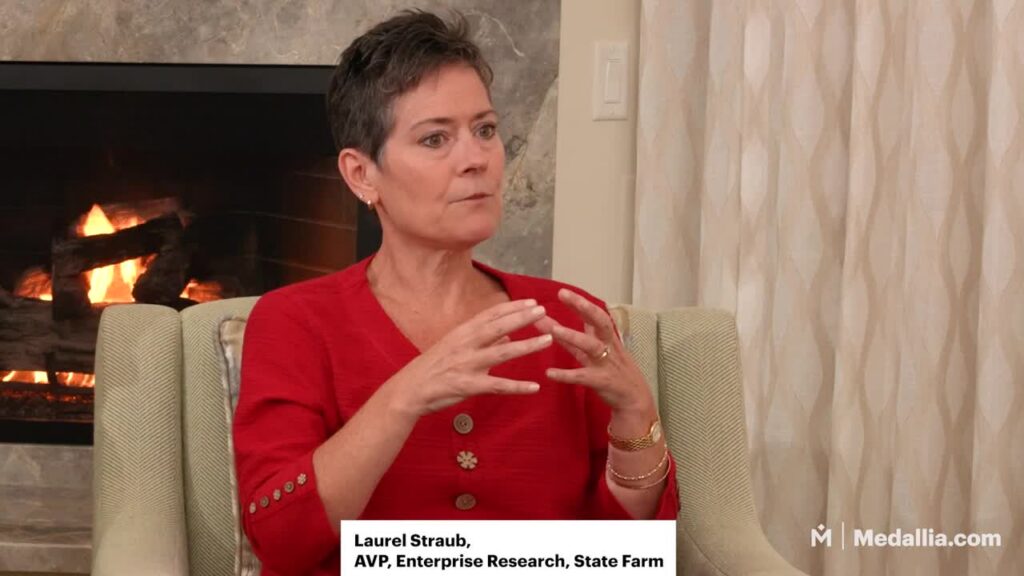
Experience ’24
4 Insights Into State Farm’s Connected Experience

Experience ’24
3 Reasons Feedback Is Crucial to Creating an Outstanding Culture
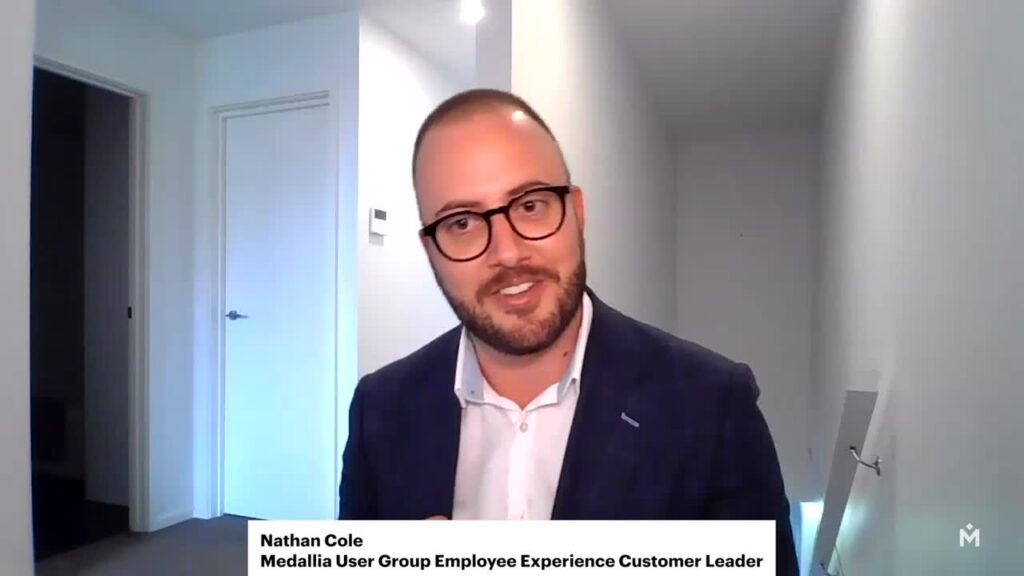
Experience ’24
5 Ways to Advance Your Employee Listening Strategy

Experience ’24
4 Ways to Deepen Your Understanding of the Customer with Michelle Brigman

Experience ’24
3 Things to Know About the Experience of Inflation for Customers
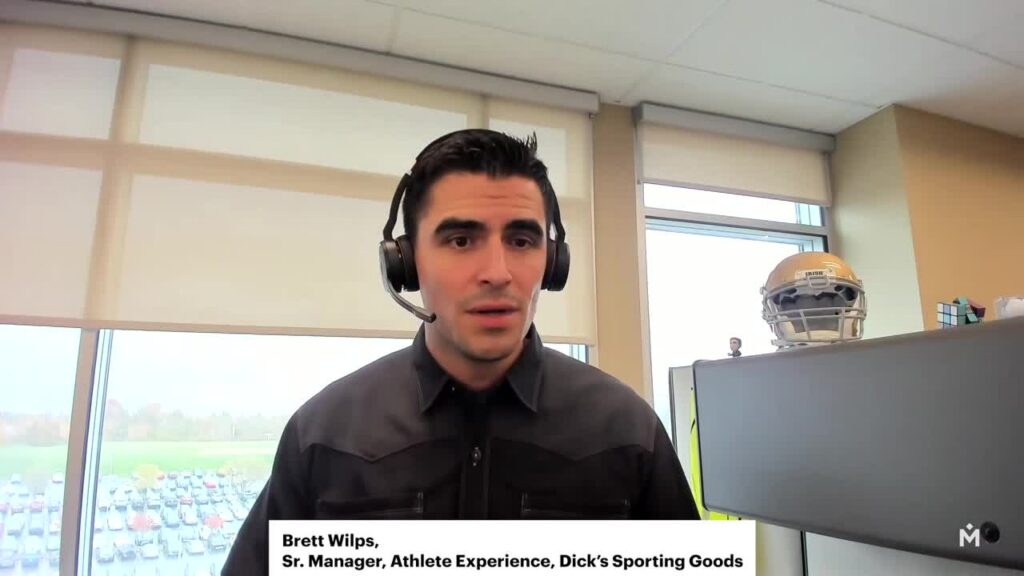
Experience ’24
4 Tips to Creating a Connected Experience with DICK’S Sporting Goods
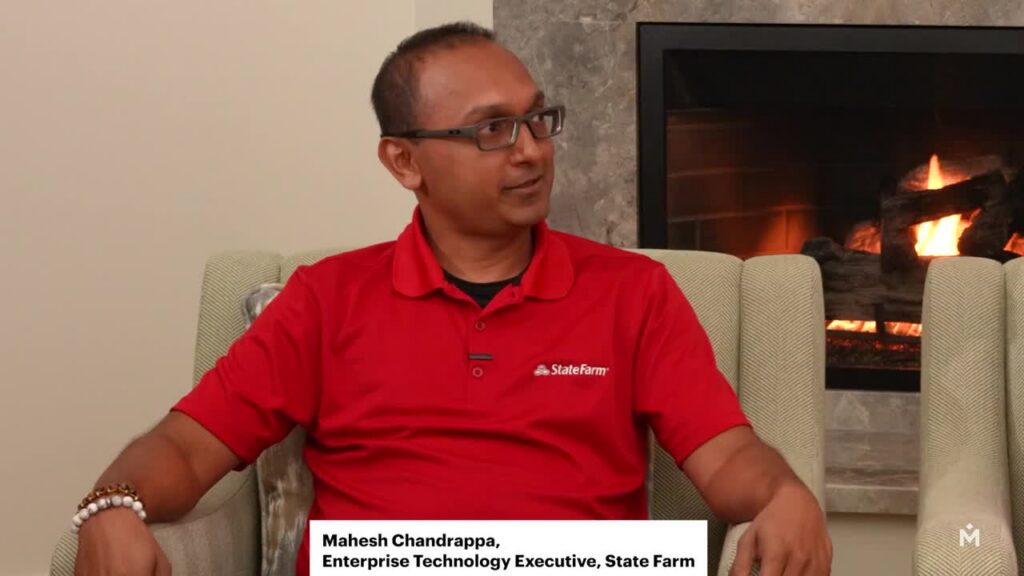
Experience ’24
The 3 Layers of State Farm’s Digital Transformation

Experience ’24
3 Reasons Why You Should Measure Earned Growth with Fred Reichheld
EPISODE
Volvo Cars Unifies Consumer Experience Through “One Voice” Program
See how Volvo Cars introduced the “One Voice," their cutting edge VoC program.
Collections






Experience ’24
Strategies for Impactful Experiences with KPMG

Experience ’24
Boosting CX Impact through Personalization ft. Walgreens & Fred Reichheld

Experience ’24
Medallia + Adobe: How to Boost Digital Conversion through Personalization

Experience ’24
The Future of CX: Re-Orienting Digital and People Strategies Around the Customer

Experience ’24
Medallia Talks ‘Experience Excellence’ with State Farm

Experience ’24
How UMB Used Speech Analytics to Reduce Costs and Improve Customer Experience

Experience ’24
How to Drive a Luxury Brand Experience That Builds Loyalty

Experience ’24
Medallia Talks with Fred Reichheld and Leslie Stretch

Experience ’24
Your C-Suite’s Next Obsession: The Hidden CX Goldmine

Experience ’24
Loyalty Today: Brand Love or Just Points?

Experience ’24
What’s Trending in Feedback Management

Experience ’24
Preview the Future of Personalized Travel Experiences

Experience ’24
Blend Intuition and AI for Retail Success

Experience ’24
Lean on the Outer Loop for FinServ Success
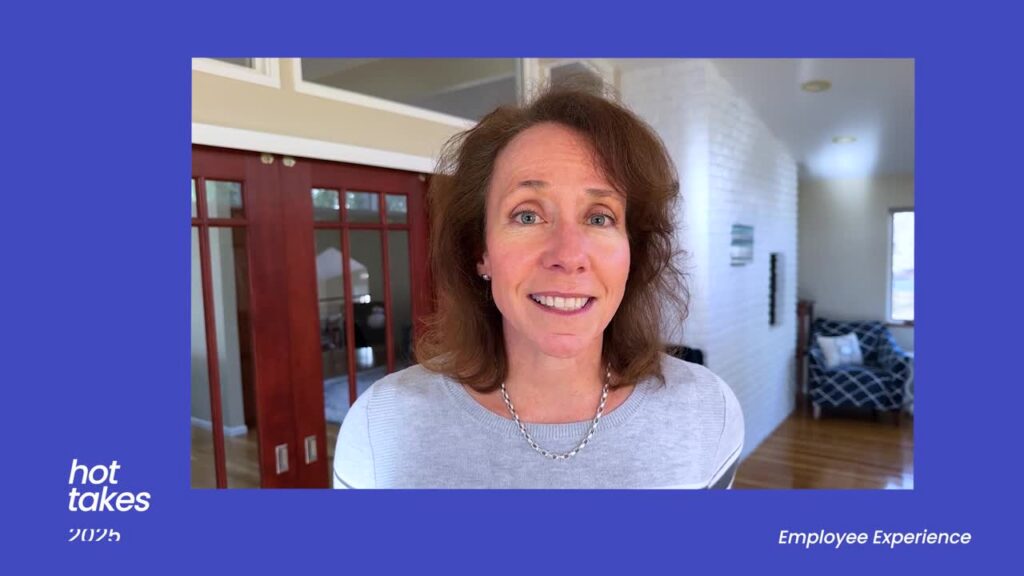
Experience ’24
Unlock the Last White Space in CX with EX

Experience ’24
Harness AI for Personalized Telco Solutions

Experience ’24
Transform Government through Anticipation and Action
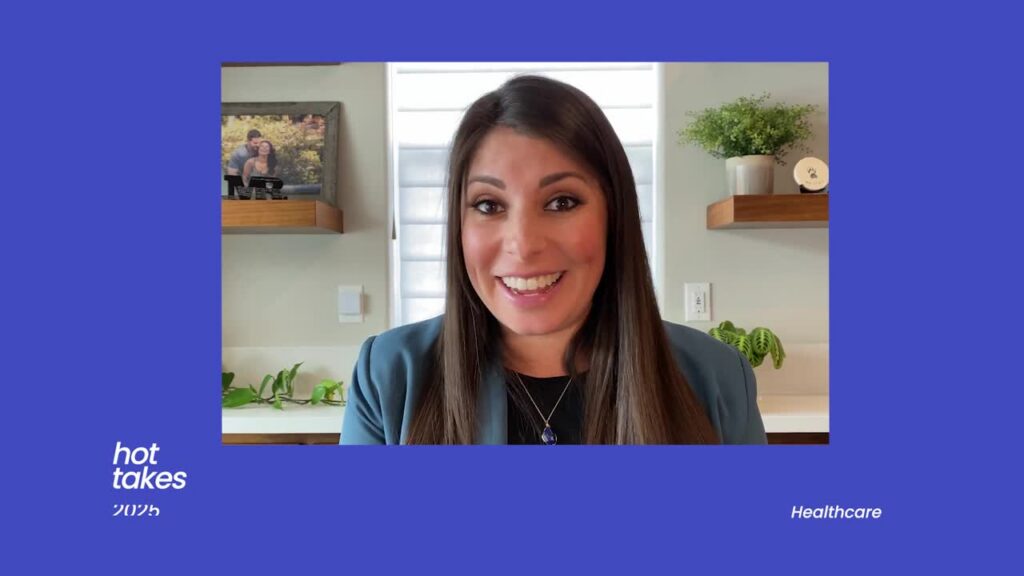
Experience ’24
Redefine Patient Trust Through Personalized Care
Recent Releases

Northwestern Medicine Achieves Peak Designation with Medallia
Experience ’24
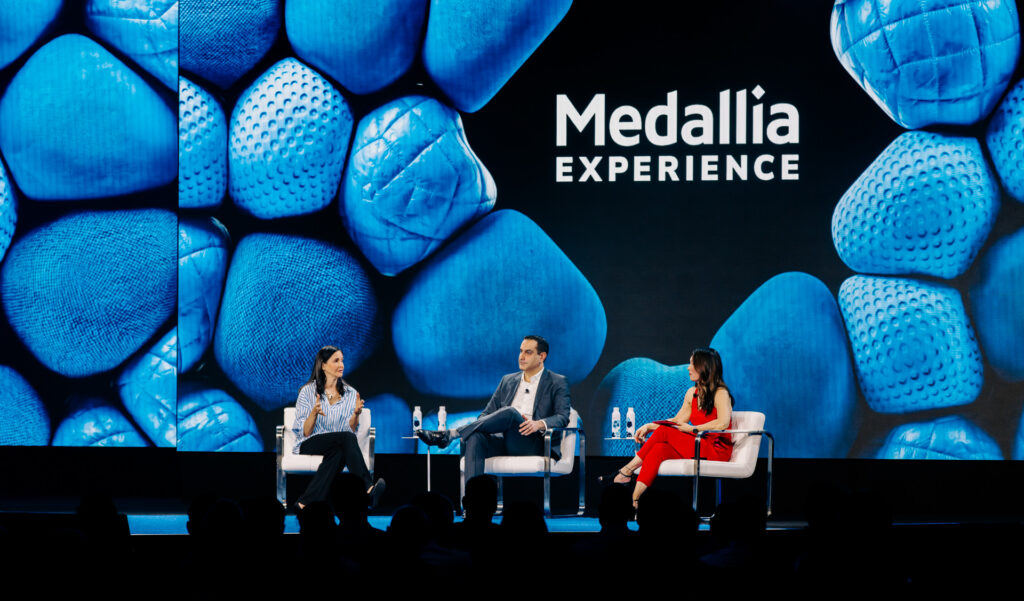
Fusing CX and EX: Creating Unified, Purpose-Driven Experiences
Experience ’24

Personalize Digital Journeys at Key Moments
Experience ’24

Preview the Future of Personalized Travel Experiences
Experience ’24

A 60-Second Look at Activating Your People
Experience ’24
